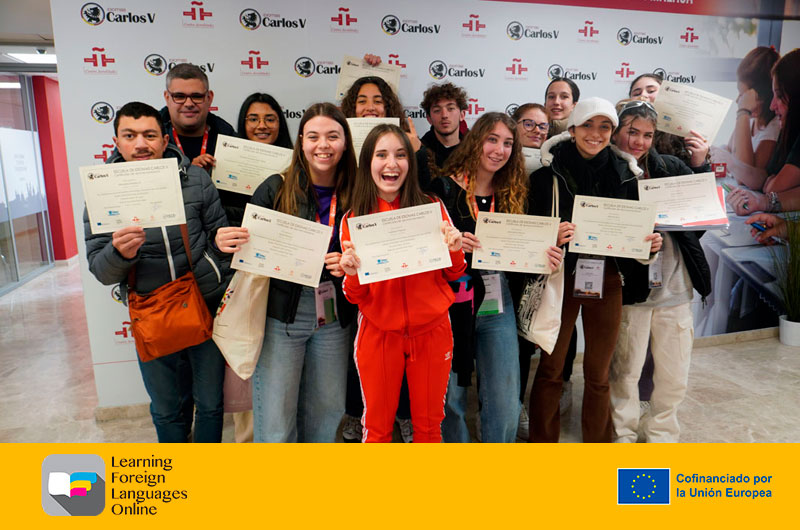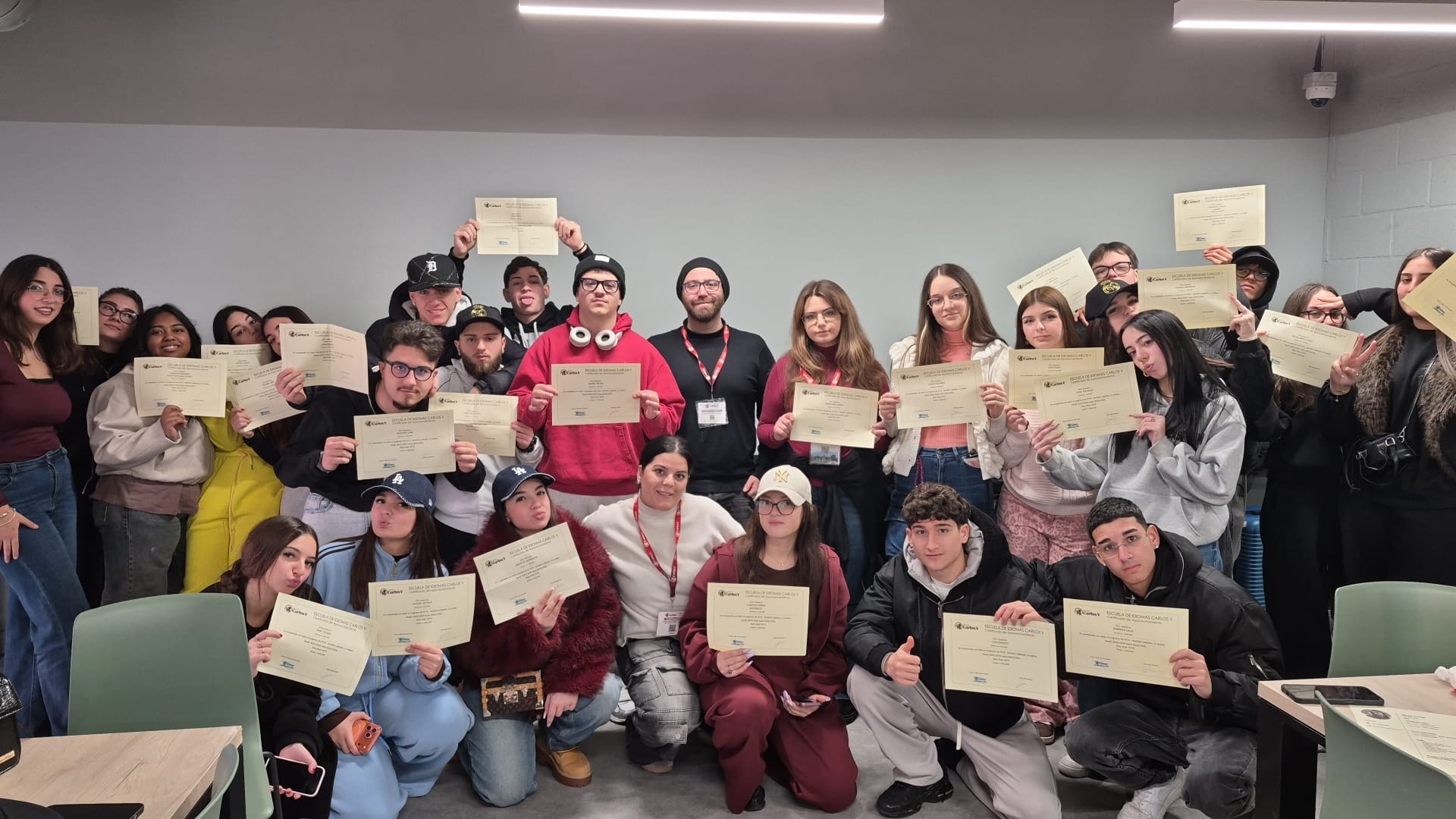Knowledge of languages is incredibly beneficial for personal development, as constant globalization allows people to connect with and experience diverse communities and cultures. From a young age to adulthood, mastery of a second language becomes more than desirable. Consequently, studying the outcomes of language learning methods for various age groups is becoming increasingly important.
Age, Motivation, and Outcomes in Second Language Acquisition
Researchers have been studying and observing learning processes that depend on factors such as age, introducing the hypothesis that younger students are more adept at learning a second language than adolescents and adults. Younger students can learn more quickly, with less effort, and are not burdened by stress. Studies also indicate that children learn pronunciation and morphology much better than other age groups.
However, other studies have indicated that adolescents achieve the best results in language learning because “their flexibility and the simultaneous process of mature development facilitate learning.” On the other hand, there is also a hypothesis about adults: “they outperform children and adolescents in writing and reading skills” because they are more “motivated, have more experience, have both short- and long-term memory, possess metalanguage awareness, and common sense.”
Despite internal or external distinctions between learners, we can demonstrate how age is one of the key factors in language learning and how it shapes motivational processes and outcomes for each stage of life.
Early Childhood and Primary School
Even children who are not actively learning a new language are often affected by language-related factors. If they are not actively learning a new language, young people are surrounded by linguistic factors. Children may remember words from songs, stories, and television programs, or learn through communication with other bilingual children. Of course, each child’s path to bilingualism may be different, but it is always an extremely valuable skill to possess.
First and foremost, learning a second language improves life opportunities: it helps with early school success and later academic performance, thanks to improved reading, listening, writing, and math skills, among others. The benefits, beyond the success factor, also improve their social skills. Language sets the platform for perceiving the world in new ways through the exploration of linguistic styles, idioms, vocabulary, and culture. It enhances creativity and mental flexibility. Acquired language skills also improve empathy and social connections: they define character and help them connect with other communities, make friends, and fit in. Studies also point to health benefits for children, which “show that children who learn a second language are more able to maintain attention despite external stimuli than children who only know one language.”
Teenagers
The motivation to learn or improve second language skills begins to change during adolescence. Tasks become more demanding and require a different level of focus to understand and absorb a topic. Adolescents enter a transition period and need to increase their self-confidence and enthusiasm for further learning. School classes could incorporate learning topics that are most interesting for adolescents to learn: popular culture and multimedia; music, videos, games, movies, etc.
Adolescents’ motivation depends on aspirations such as learning a foreign language to pass an exam and achieve better academic results, improving communication while traveling, or connecting through social media and other websites and getting their first jobs (among others). Each aspiration helps them form new friendships, develop teamwork skills, improve speaking, writing, and listening skills, sharpen problem-solving skills, enhance their hobbies, shape their identity, redefine their potential, and improve their overall mental health. Of course, for this to be possible, they must be provided with a pleasant, encouraging, and supportive learning environment.
Adults
Studies show that adults are, in other areas, even more capable than children of absorbing new language knowledge. Their cognitive and financial skills, motivation, and discipline are also completely different, as are the ultimate learning advantages.
Adults generally learn a new language for a specific reason and outcome: travel, career benefits, professional communication, writing projects, theses, seminars, looking for a new job, moving to a new country, but also just for fun. However, their motivation is often directed toward a specific purpose. Adults will use other learning techniques to achieve a level of fluency, but in the end, it is a rewarding experience, and the improvements in other areas of life are irreplaceable.
Last Years
It’s never too late to start learning a second language. With more free time on their hands and new life opportunities, older retirees are also interested in building new skills. This includes learning new languages, which offers a host of cognitive, social, and health benefits. Research
has shown that learning a language in later life improves memory and reduces the risk of Alzheimer’s disease and other forms of dementia. It increases the ability to multitask, boosts creativity and intellectual activity, and increases social interactions by joining online learning communities or even reducing stress levels while traveling.
Conclusion
Learning languages is excellent for the mind, body, and soul and is an investment in overall happiness and well-being. Children, adolescents, and adults are motivated differently to learn languages and benefit from acquiring a variety of skills necessary for personal development.
-Ángela Enríquez López, Spanish teacher at Idiomas Carlos V
Discover your Carlos V Languages course according to your age
There are plenty of reasons to keep learning at any age. Discover our variety of language courses, both intensive and academic, in English, French, Italian, German, and Spanish. You can see our full catalog here.
Want to learn more about the LEARNING FOREIGN LANGUAGES ONLINE initiative? Find out more on their website and Instagram channel.







